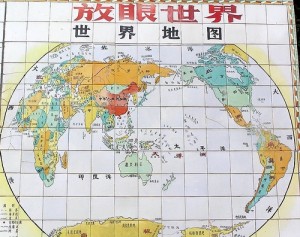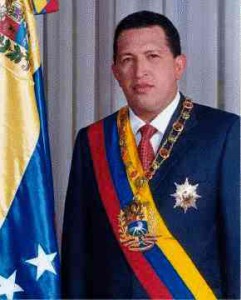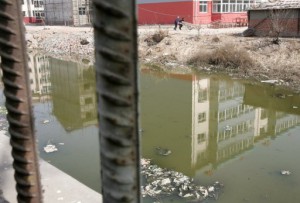
Mutters – How good is your strategy?
Have you heard ….. if you want a decent strategy, you need a firm grasp of reality, which means avoiding bad strategies. How do you define bad strategies? According to Richard Rumelt, author of “Good Strategy Bad Strategy“, they are characterised by one or more of the following factors:
Fluff – defined as a form of gibberish masquerading as strategic concepts or arguments.
- Failure to face the challenge – if the challenge can't be defined, that particular quality of the strategy can't be assessed, and then improved or rejected.
- Mistaking goals for strategies – arguably this is the most common error ( take a look at this video on “What is Strategy” for more insights).
- Bad strategic objectives – the challenge for senior executives is to set out subgoals that are both relevant and practical for the chosen strategy.
Make the above factors part of your strategic reviews and you may avoid some of the prevalent pitfalls!
Adapted from: “What strategy isn't”, Mike Riddiford, Editor, CEO Forum http://www.ceoforum.com.







